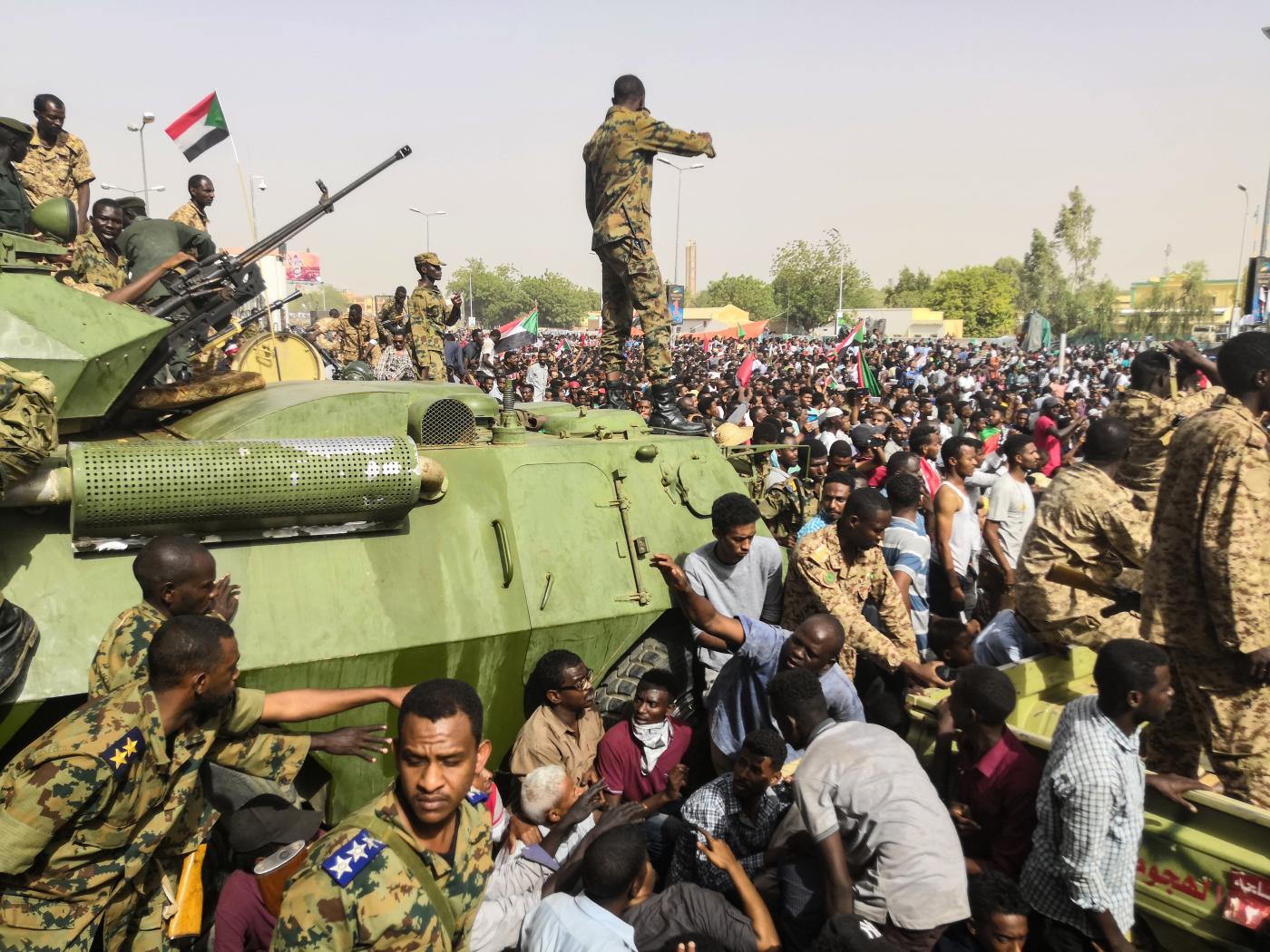Home » The Crackdown in Sudan Continues as UN Consultations Conclude
The Crackdown in Sudan Continues as UN Consultations Conclude
March 6, 2022

Nicolas Reeves
Nicolas is a Middle East and North Africa Analyst. He focuses primarily on North Africa and the Levant, and his thematic interests include analyzing resource disputes, governance issues, and power dynamics between different actors in intra- and inter-state conflicts.
